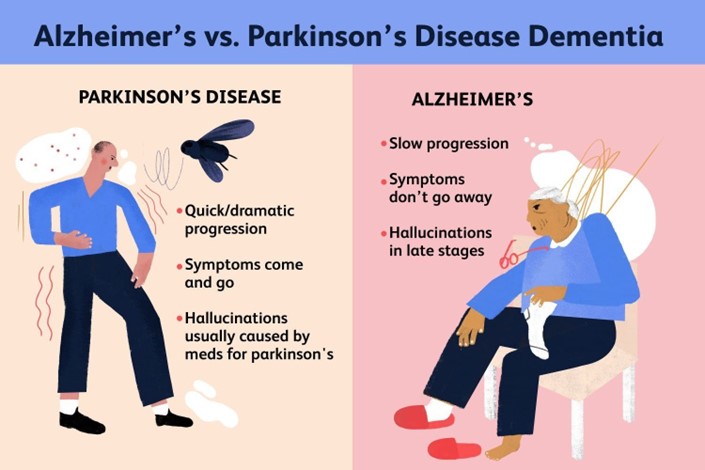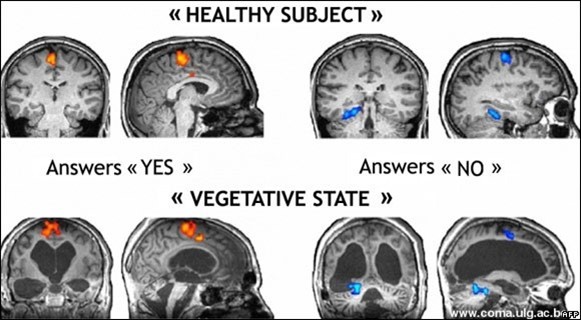Assessment of the patient with Parkinson's would include:
Fall risk assessment
Swallowing assessment
Skin assessment
All of the above
The Correct Answer is D
Choice A: Fall risk assessment is important for patients with Parkinson's, as they may have impaired balance, gait, and coordination, as well as muscle stiffness and tremor, that can increase their risk of falling and injuring themselves¹.
Choice B: Swallowing assessment is important for patients with Parkinson's, as they may have difficulty chewing and swallowing due to reduced muscle control in the mouth and throat, which can lead to malnutrition, dehydration, and aspiration pneumonia¹.
Choice C: Skin assessment is important for patients with Parkinson's, as they may have reduced sweating and sebum production due to autonomic dysfunction, which can cause dry and cracked skin that is prone to infection¹.
Choice D: All of the above is correct, as all of these assessments are relevant for patients with Parkinson's.

Nursing Test Bank
Naxlex Comprehensive Predictor Exams
Related Questions
Correct Answer is A
Explanation
Choice A: Object penetrates the brain or trauma is so severe that the scalp and skull are opened is correct because it is the definition of an open traumatic brain injury. An open traumatic brain injury occurs when a foreign object such as a bullet, knife, or bone fragment enters the brain or when a blunt force trauma such as a fall, collision, or assault causes a fracture or laceration of the skull. This can damage the brain tissue, blood vessels, and nerves and cause bleeding, swelling, or infection.
Choice B: Stress is incorrect because it is not a type of traumatic brain injury. Stress is a psychological or emotional response to a challenging or threatening situation. It can affect the brain function and health, but it does not cause physical damage to the brain tissue.
Choice C: Acceleration/deceleration injury occurs when the head accelerates and then rapidly decelerates, damaging brain tissue is incorrect because it is not an open traumatic brain injury. It is a type of closed traumatic brain injury, which occurs when the head moves violently without breaking the skull. This can cause the brain to hit against the inner wall of the skull or twist within the skull, resulting in bruising, tearing, or shearing of the brain tissue.
Choice D: All of the above are incorrect because only choice a) describes an open traumatic brain injury. Choices b) and c) are not related to an open traumatic brain injury and do not match its characteristics. The nurse should know the different types and causes of traumatic brain injury and their implications for assessment and care.
Correct Answer is B
Explanation
Choice A: Unconsciousness, unarousable unresponsiveness is not a description of persistent vegetative state, but rather a description of coma, as it is a state of complete loss of consciousness and reflexes caused by severe brain injury.
Choice B: Devoid of cognitive function but has sleep-wake cycles is a description of persistent vegetative state, as it is a state of minimal awareness and responsiveness caused by widespread brain damage.
Choice C: Inability to move or respond except for eye movements due to a lesion affecting the pons is not a description of persistent vegetative state, but rather a description of locked-in syndrome, as it is a state of complete paralysis and preserved consciousness caused by damage to the brainstem.
Choice D: Unresponsiveness to the environment, makes no movement or sound but sometimes opens eyes is not a description of persistent vegetative state, but rather a description of akinetic mutism, as it is a state of severe apathy and reduced motor activity caused by damage to the frontal lobes or basal ganglia.

Whether you are a student looking to ace your exams or a practicing nurse seeking to enhance your expertise , our nursing education contents will empower you with the confidence and competence to make a difference in the lives of patients and become a respected leader in the healthcare field.
Visit Naxlex, invest in your future and unlock endless possibilities with our unparalleled nursing education contents today
Report Wrong Answer on the Current Question
Do you disagree with the answer? If yes, what is your expected answer? Explain.
Kindly be descriptive with the issue you are facing.
